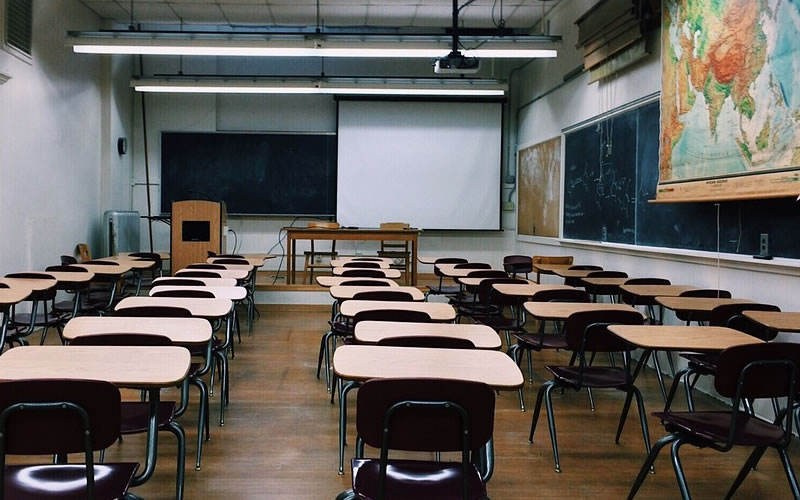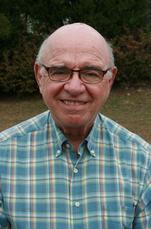
By Arnold Hillman, special to Statehouse Report | Very often in its work to try and improve education in South Carolina, state government begins its deliberation with certain hypotheses about what is wrong and how to fix it. Recently, House Speaker Jay Lucas took a massive stab at trying to hurdle current problems and move South Carolina’s education system from the bottom of states to a higher plane. One can only compliment Speaker Lucas for his work and determination.

The first plan has already gone on its merry political way by the House passing a reshaped bill by a 113-4 vote. There has been some antipathy to certain parts of the plan by pressure groups and a state Senate that do not agree with the entire bill. Although the House passed much of the speaker’s work, there are few pundits who believe that it will travel through the Senate unscathed.
An unseemly part of any attempt at elevating education in the Palmetto State is the lack of actual research that might lay out exactly what is wrong with the system. As with other efforts in other states, there are assumptions that current panaceas — such as consolidation, state takeovers, vouchers and raising teacher salaries — will go a long way to fix things. They will not.
There is extant research that can be acquired that will help with identifying the actual problems of education in South Carolina. This activity would make looking at possible solutions so much easier and even more effective. The reality in many of the “failing” school districts is that they may well be successful in many areas, but not in taking standardized tests. Why is that? There are a number of examples in the state. One size does not fit all.
The most obvious flaw in not relying on research is to disregard a complete look at communities that spawn these kinds of school districts. A complete, 360-degree look at a school district community will elicit a panoply of information that could identify possible solutions to problems. Large-scale reviews of such things as the Rural Health Action Plan will paint a more complete picture of the school district. These pieces of information are currently available.
In the area of school funding, there are those who say that “money does not matter.” Yes, money most certainly does matter, but the way in which funds are expended may be just as important. Priorities in school districts may even be historical. Experience may show us that certain school districts focus on certain specific academic or extracurricular activities. This may explain greater efforts in these areas of endeavor. This might explain student outcomes in those areas, and not in others.
Although not a greater part of any plan is the issue of leadership. As in any human activity, leadership is clearly a large part of a “successful” school district. There are those individuals who do not profess to be “policy wonks.” They are those who can enter into any system and improve it. They like to be referred to as “mechanics.” How to identify such people and place them in positions of authority in a school district is a necessity if we are going to improve education in South Carolina. Is there research on this topic? There are reams of information and conclusive studies.
Where does this all lead to? If we are data- and research-driven, and outcomes-focused, we can begin right now to improve education in South Carolina. If we are intent on doing this the “right way,” our first task is to create the questions and then gather the research.
Longtime educator Arnold Hillman is a founder of the S.C. Organization of Rural Schools. He lives in Bluffton.
- Have a comment? Send to: feedback@statehousereport.com..















 We Can Do Better, South Carolina!
We Can Do Better, South Carolina!